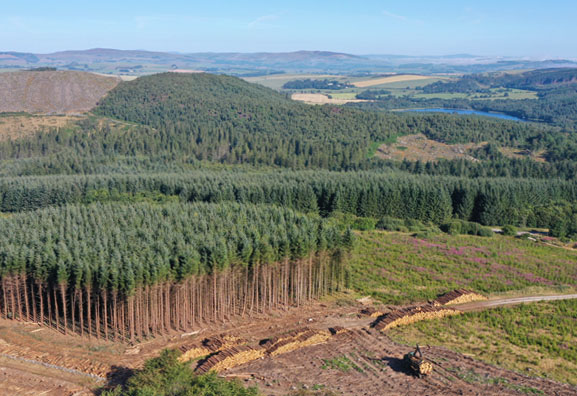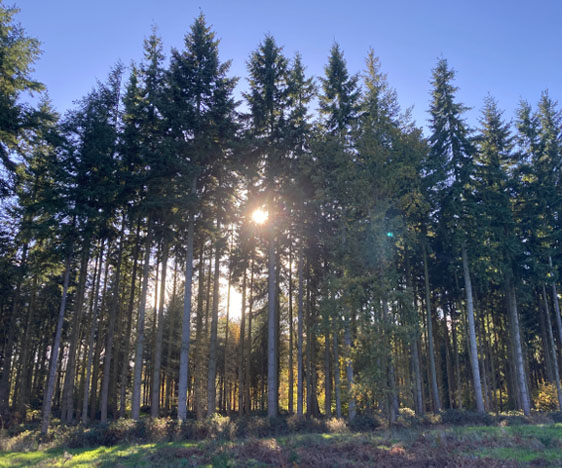Read our latest content
Australia as a forestry destination
A case study on Australia as a location for forestry investment.
Carbon markets - a focus on forestry
In this paper we provide clarity on various carbon markets around the world and illustrate the current and potential role of forestry towards solving the global climate challenge.
Ireland as a forestry destination
The first in a series of articles from our specialist team exploring global forestry markets.
New growth in timber markets
In this paper we will look at what mass timber is, how it is used, what the barriers are to widespread adoption as well as the implications for Forestry.
Forest Charter
The Gresham House Forest Charter sets out our verifiable commitments and targets relating to sustainable forest management.
Commercial Real Estate and Forestry – A comparative analysis
In this whitepaper, we take an in-depth look at these two asset classes providing a comparative analysis.
New Zealand as a forestry destination
A case study on New Zealand as a location for forestry investment.
 Gresham House
Specialist asset management
Gresham House
Specialist asset management






































